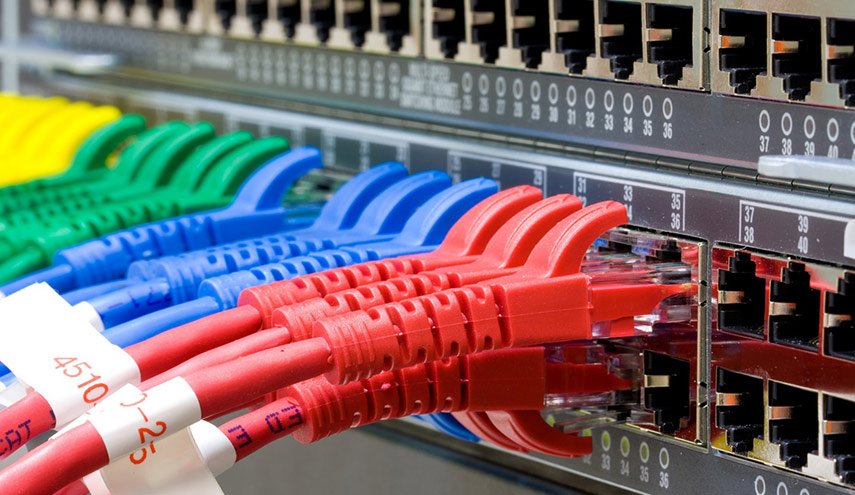Syria and the Internet: Between the Reality of Collapse and the Prospects for Renewal
August 30, 202588 ViewsRead Time: 2 minutes

Font Size
16
Syria is at a pivotal turning point in the process of rebuilding its digital infrastructure after many years of decline and collapse in telecommunications services. The Syrian government states that a few weeks separate citizens from a tangible improvement in internet service, supported by agreements with regional neighbors and partnerships with global institutions.
The scene appears to be a complex equation combining promises to supply internet capacities from Jordan, Turkey, and Cyprus, advisory agreements with prestigious global companies, and unprecedented American facilitation represented by lifting sanctions on some digital services. However, these promises face a difficult reality characterized by a deteriorated infrastructure, looted wires, frequent power outages, and a weakened economy.
The Minister of Communications and Technology, Abdul Salam Haykal, acknowledges that the road is not easy, likening the current situation to a narrow two-way road that needs the construction of a new digital highway. But the challenges are not limited to the technical side, as the development process faces security obstacles represented by the theft of equipment and wires, and economic barriers related to the need to balance quality improvement while maintaining reasonable prices under difficult economic conditions.
On the international front, increasing American cooperation raises questions about the sustainability of these facilitations amid changes in foreign policy. Regarding combating sectarian discourse on social media, official estimates indicate that 70% of suspicious accounts are managed from outside Syria, which weakens the ability to confront these campaigns in light of the inability to directly cooperate with global social media platforms due to remaining sanctions.
These technical improvements remain contingent on their ability to create real opportunities for the Syrian digital economy and to restore the competencies and expertise that migrated during the years of war. The promise of improving the service exists, but achieving it on the ground will be a real test of the government's ability to overcome the technical, economic, and security obstacles it faces.
The scene appears to be a complex equation combining promises to supply internet capacities from Jordan, Turkey, and Cyprus, advisory agreements with prestigious global companies, and unprecedented American facilitation represented by lifting sanctions on some digital services. However, these promises face a difficult reality characterized by a deteriorated infrastructure, looted wires, frequent power outages, and a weakened economy.
The Minister of Communications and Technology, Abdul Salam Haykal, acknowledges that the road is not easy, likening the current situation to a narrow two-way road that needs the construction of a new digital highway. But the challenges are not limited to the technical side, as the development process faces security obstacles represented by the theft of equipment and wires, and economic barriers related to the need to balance quality improvement while maintaining reasonable prices under difficult economic conditions.
On the international front, increasing American cooperation raises questions about the sustainability of these facilitations amid changes in foreign policy. Regarding combating sectarian discourse on social media, official estimates indicate that 70% of suspicious accounts are managed from outside Syria, which weakens the ability to confront these campaigns in light of the inability to directly cooperate with global social media platforms due to remaining sanctions.
These technical improvements remain contingent on their ability to create real opportunities for the Syrian digital economy and to restore the competencies and expertise that migrated during the years of war. The promise of improving the service exists, but achieving it on the ground will be a real test of the government's ability to overcome the technical, economic, and security obstacles it faces.